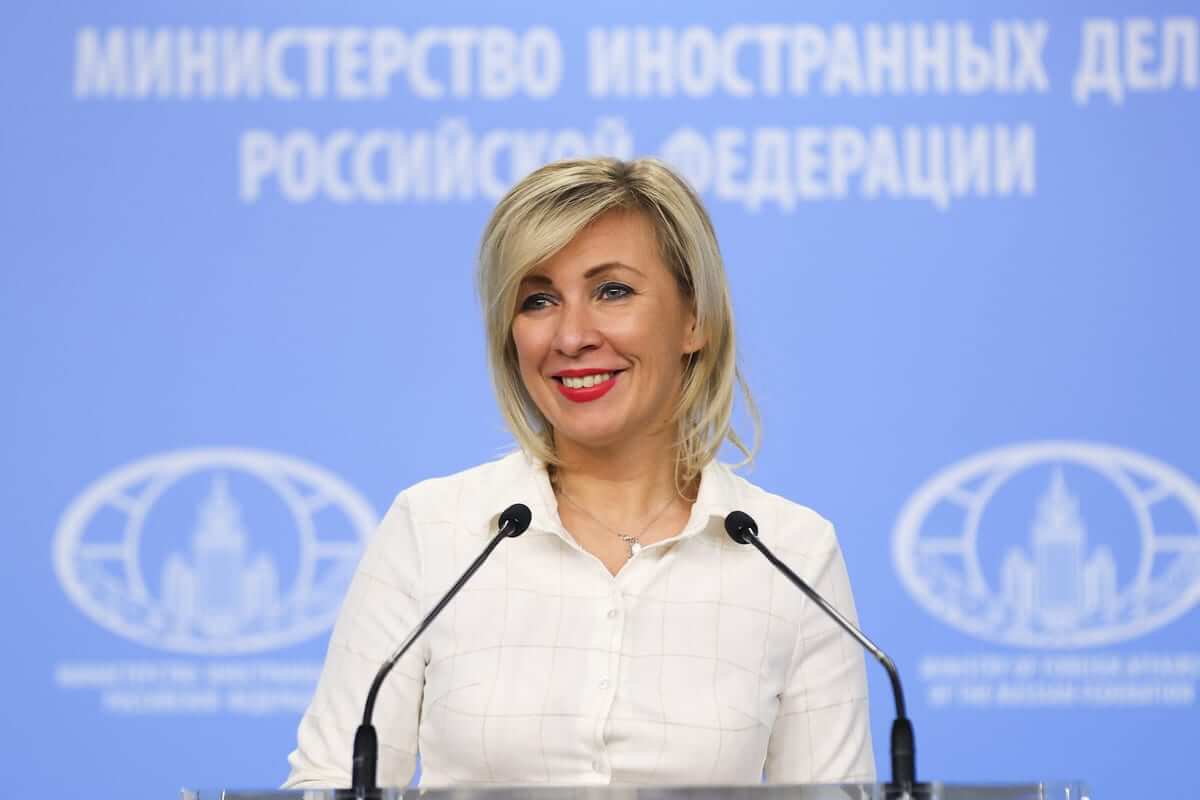Amid its ongoing military operations in Ukraine, Russia threatened Finland and Sweden with severe military and political consequences after they expressed an interest in joining the North Atlantic Treaty Organization (NATO).
Relatively little attention has been given to the extraordinary threats against Sweden and Finland by the Russian foreign ministry, warning of the consequences if they decide to join NATO. And we thought that kind of thing was over & done with in Europe.
— John Simpson (@JohnSimpsonNews) February 26, 2022
In a statement, the Russian Foreign Ministry spokeswoman Maria Zakharova said, “It’s obvious that if Finland and Sweden join NATO, which is first of all a military organization, it will entail serious military-political consequences, which would require retaliatory steps by the Russian Federation.”
Zakharova argued that the security of one nation shouldn’t be achieved at the cost of another’s security. “Russia views the commitment of Finland’s Government to continuing its military non-aligned policy as an important security and stability factor in northern Europe and on the European continent in general,” she said, adding, “At the same time, we cannot fail to notice the targeted efforts by NATO and some of its member states, primarily the United States, to draw Finland, as well as Sweden, into the Alliance.”
Additionally, Zakharov voiced concerns over increased military interaction between Helsinki, Stockholm and NATO, including the countries’ participation in NATO’s military exercises and the “opening [of] their territories to manoeuvres near the Russian borders.”
Finland and Sweden, however, dismissed Russia’s warnings, with Finland’s Minister for Foreign Affairs, Pekka Haavisto, saying, “We’ve heard this before,” a point that was echoed by Finnish President Sauli Niinistö.
In an interview with YLE, Haavisto said, “Should Finland be NATO’s external border, it rather means that Russia would certainly take that into account in its own defence planning. I don’t see anything new as such.”
An important display of western unity and support for Ukraine tonight at the NATO Summit, together with Finland, Sweden and the EU.
— Sauli Niinistö (@niinisto) February 25, 2022
Furthermore, during a press conference on Thursday, Finnish Prime Minister (PM) Sanna Marin said, “Finland is not currently facing an immediate military threat, but it is also now clear that the debate on NATO membership in Finland will change.”
To this end, President Niinistö said both Sweden and Finland are interested in increasing their engagement and coordination with NATO through strategic communication and information exchange.
Likewise, Swedish Prime Minister Magdalena Andersson also addressed Moscow’s threat in a joint press conference with the country’s military commander, Micael Byden, on Friday. “I want to be extremely clear. It is Sweden that itself and independently decides on our security policy line,” she said, adding, “Sweden has been alliance-free for an extremely long time. It has served Sweden’s interests well.”
Among the European Union (EU) members that share a border with Russia, the Finland-Russia land border is the longest (1,340-kilometres). Therefore, given Russia’s recent aggressive manoeuvres, Finland is considering how best to secure its borders.
Though Sweden and Finland had remained militarily neutral during the 1990s, they renounced their political neutrality by joining the EU in 1995. Austria, Cyprus, Ireland, Malta, Finland, and Sweden are the only EU members not part of NATO as yet. Keeping this in mind, former Finnish PM Alexander Stubb opined that Helsinki has no option but to join NATO to “help keep Northern Europe stable.”
Russia is pushing Finland closer to @nato membership. Vloser than ever before. Our security has been partially based on an option to join. At this rate we have no other option but to join. Finland’s accession would strengthen the Alliance and help keep Northern Europe stable.
— Alexander Stubb (@alexstubb) February 25, 2022
EU foreign policy chief Josep Borrell refused to comment on Russia’s threats against Sweden and Finland joining NATO, but declared, “We consider that all states are free to choose their foreign policy and their policy of alliances.”
Russia’s statement comes as tensions escalate between the West and Russia over Ukraine. Last week, Russian President Vladimir Putin ordered troops in eastern Ukrainian territories and began the invasion of Ukraine.

